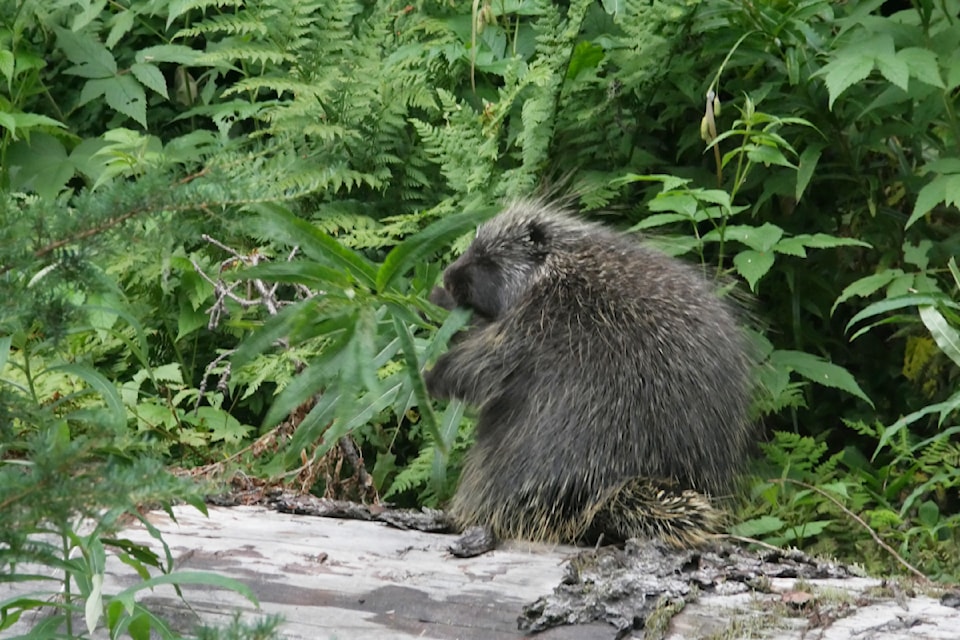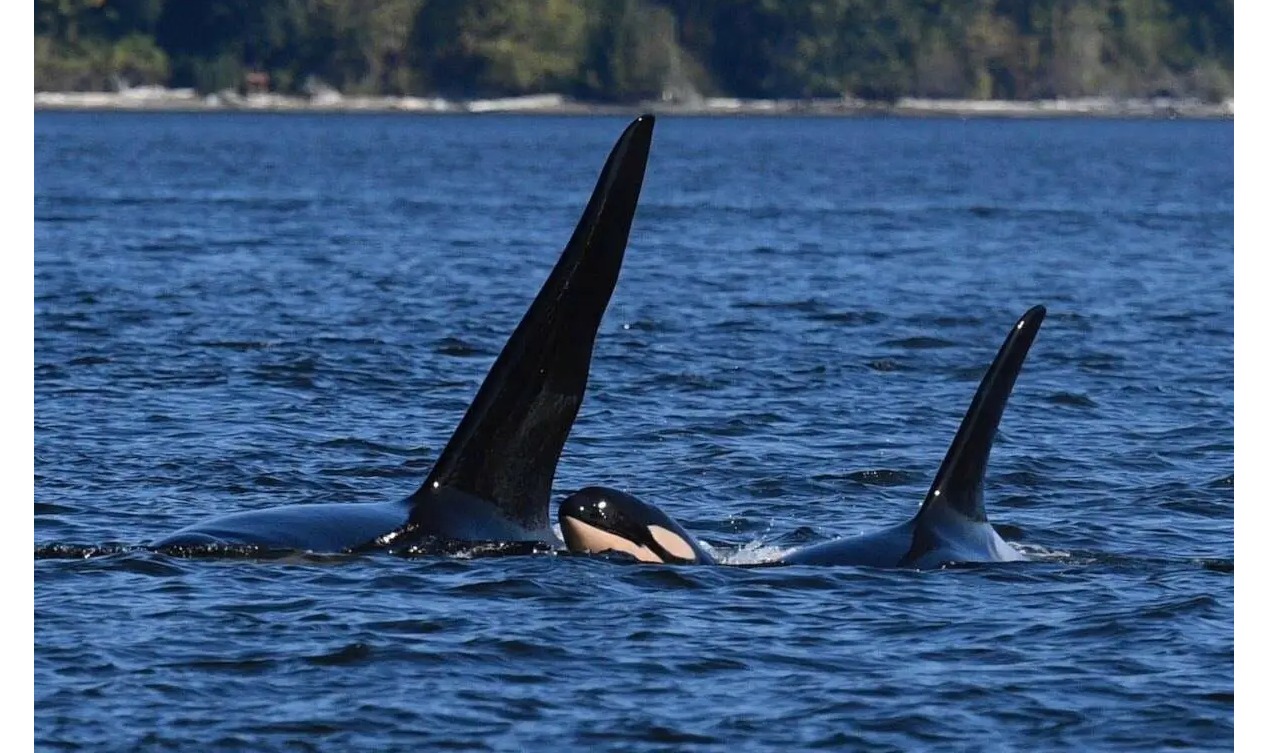Discover the quirky charm of Glacier National Park’s porcupines — solitary, slow movers with a taste for bark, shrubs, and peaceful forest living.
A Spiky Neighbor in the Forest
If you happen to wander through Glacier National Park in British Columbia, you might just spot a curious local — the North American porcupine. With its round body, gentle pace, and sharp quills, this forest dweller is both fascinating and misunderstood.
Perched on a log, nibbling away at plants like a panda with bamboo, the porcupine looks almost beaver-like at first glance. But look closer, and you’ll notice its signature feature: a coat of quills that tells predators, “best keep your distance.”
Misunderstood but Remarkable
Contrary to popular belief, porcupines don’t shoot their quills like arrows. Instead, they raise them in warning, back up toward danger, and lash out with a swift tail swipe. When relaxed, though, their quills look soft and surprisingly silky.
Their eyesight may be poor, and their pace unhurried, yet porcupines thrive thanks to independence, resilience, and an impressive defense strategy.
A Diet Fit for a Wanderer
These herbivores aren’t picky eaters. Their menu includes shrubs, grasses, wildflowers, bark, and even corn when it’s available. In leaner times, they’ll make do with acorns or whatever else the forest provides.
From the hemlock trees of inland rainforests to farmlands at the forest’s edge, their appetite knows no borders.
Life in Solitude
Porcupines are not social butterflies. Except for the occasional shared den in winter, they spend most of their lives alone. Their breeding cycle stretches over 200 days, with litters arriving year-round. On average, they can live up to a decade — a respectable run for such a slow-moving creature.
A Rare Encounter in B.C.
One August evening near the Illecillewaet River, a lone porcupine was spotted ambling across a log, pausing to snack in the quiet of Glacier National Park. With populations declining in parts of the Pacific Northwest and even disappearing from some U.S. regions, moments like these are a gift.
To stumble upon this spiky but peaceful animal in the wild is to be reminded of the delicate balance in nature — and how fortunate we are that porcupines still call Canada’s Columbia Mountains home.














Leave a comment